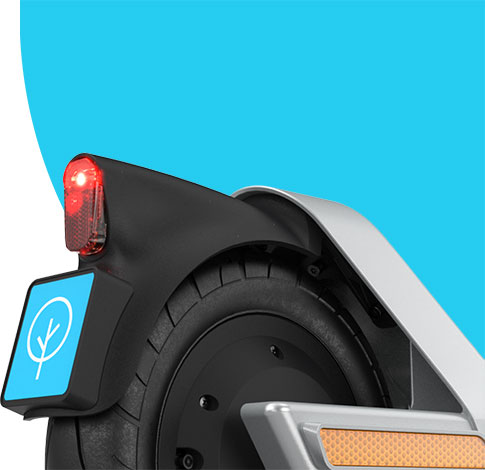Three years down, three more (at least) to go.
That was the recent decision made by the City of Antwerp in Belgium with regard to Bird shared scooters. After three years and millions of rides across one of the most micromobility-friendly cities in Europe, local officials have renewed Bird’s operating permit until at least 2024.
This decision sets an important and positive precedent. As the City of Antwerp and its commercial shipping port take aim at achieving their sustainable development goals, Bird is already helping to reduce traffic and carbon dioxide emissions by providing an efficient, electric alternative to travel by car.
Our estimates indicate that Bird riders in Antwerp will prevent more than 700 metric tons of CO2 emissions by 2024. That’s equivalent to saving 358,000 liters (78,760 gallons) of gasoline from being burned.
Beyond shared micromobility, Antwerp is making significant strides to improve and extend its cycling infrastructure. This includes investing hundreds of millions of euros in things like new bike lanes, smart traffic lights and state-of-the-art park and ride facilities.
To better support Antwerp’s robust transportation network, Bird has already integrated with two of the city’s leading MaaS platforms, Skipr and Tranzer.
“New mobility options like Bird e-scooters and well-established systems such as trains, trams, buses and water-buses are now staples of a modern, healthy and thriving transportation ecosystem,” said Antwerp’s Deputy Mayor Koen Kennis. “It’s essential that cities and operators work together to ensure that these robust networks are accepted by and easily accessible to the broad public.”
Antwerp’s decision to extend Bird’s permit for three years comes after Marseille, another emerging micromobility powerhouse in Europe, recently selected Bird to provide e-scooter service to the city’s millions of residents and visitors until at least 2023.
To learn more about Bird’s environmental impact and our strengthening relationships with city partners all across Europe, subscribe to the Bird Cities Blog.


